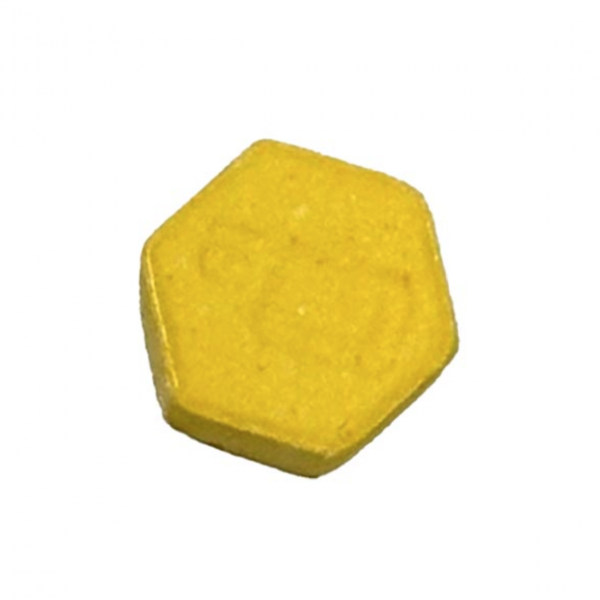Free shipping on orders over $100
Canada Post Strike Update (Nov 15th) Business will proceed as normal during the Canada Post strike. We're using alternate couriers. Live chat is available for assistance.
$20.00 – $350.00
✅Lab Tested
✅Pure
✅Canadawide Shipping
Do you need help with your order? Use the chat widget on the bottom right corner to contact us 🙂
90% of our orders are delivered in up to 3 business days, Canada wide. Discreet packaging.
Share
Ketamine, a potent dissociative and hallucinogenic, “The Club Drug”. Recent research, however, has demonstrated its potential as a novel therapy for depression, yielding impressive outcomes.
Following its endorsement by the Food and Drug Administration (FDA) in the previous year, a surge in the establishment of ketamine clinics has been observed globally.
Ketamine is renowned for its quick action and high effectiveness. A 2006 study by the National Institute of Mental Health noted a swift mood transformation within hours among 18 participants using the drug. While the precise mechanism of ketamine’s action remains elusive, scientists speculate it may help mend damaged synapses or promote new neural connections in brain tissue impacted by stress and depression. Despite its potential benefits, ketamine is subject to strict regulation in the United States and other countries worldwide.
The effects of ketamine vary with dosage.
Low doses can lead to hypoesthesia (reduced touch sensitivity), peculiar bodily sensations such as tingling (particularly in the hands, feet, and head), irregular movements, rapid breathing, and dizziness. These effects are often immediately followed by a sense of euphoria, self-contentment, subdued visual changes, and blurred or distorted vision. Users may display introspective behavior and enhanced appreciation for music.
At higher doses, hallucinations involving major senses like vision, hearing, and taste become significantly distorted. Some individuals report enduring a metallic taste. Hallucinations can seem incredibly real, including conversations with non-existent individuals.
At even higher doses, consciousness of one’s physical surroundings and self-awareness become unattainable. Individuals consuming large amounts of ketamine often report experiences akin to out-of-body or near-death phenomena, including vivid recollections of past internal experiences and a disoriented perception of time, place, and self. High doses start at approximately 1.5 mg/kg. There are also some potential adverse effects associated with ketamine use, such as paranoia, nausea, memory loss, and a sense of depersonalization that may persist with frequent use. For more information, please visit our website.
Here are some potential benefits that have been suggested:
View more other products here.
| Quantity | 100MG, 500MG, 1G, 5G |
|---|
 Pure Ketamine Crystal Type S
Pure Ketamine Crystal Type S
Sorry, no reviews match your current selections




Sign up today and get 25% OFF your first purchase!
Your Review Great stuff
i had a good time with it